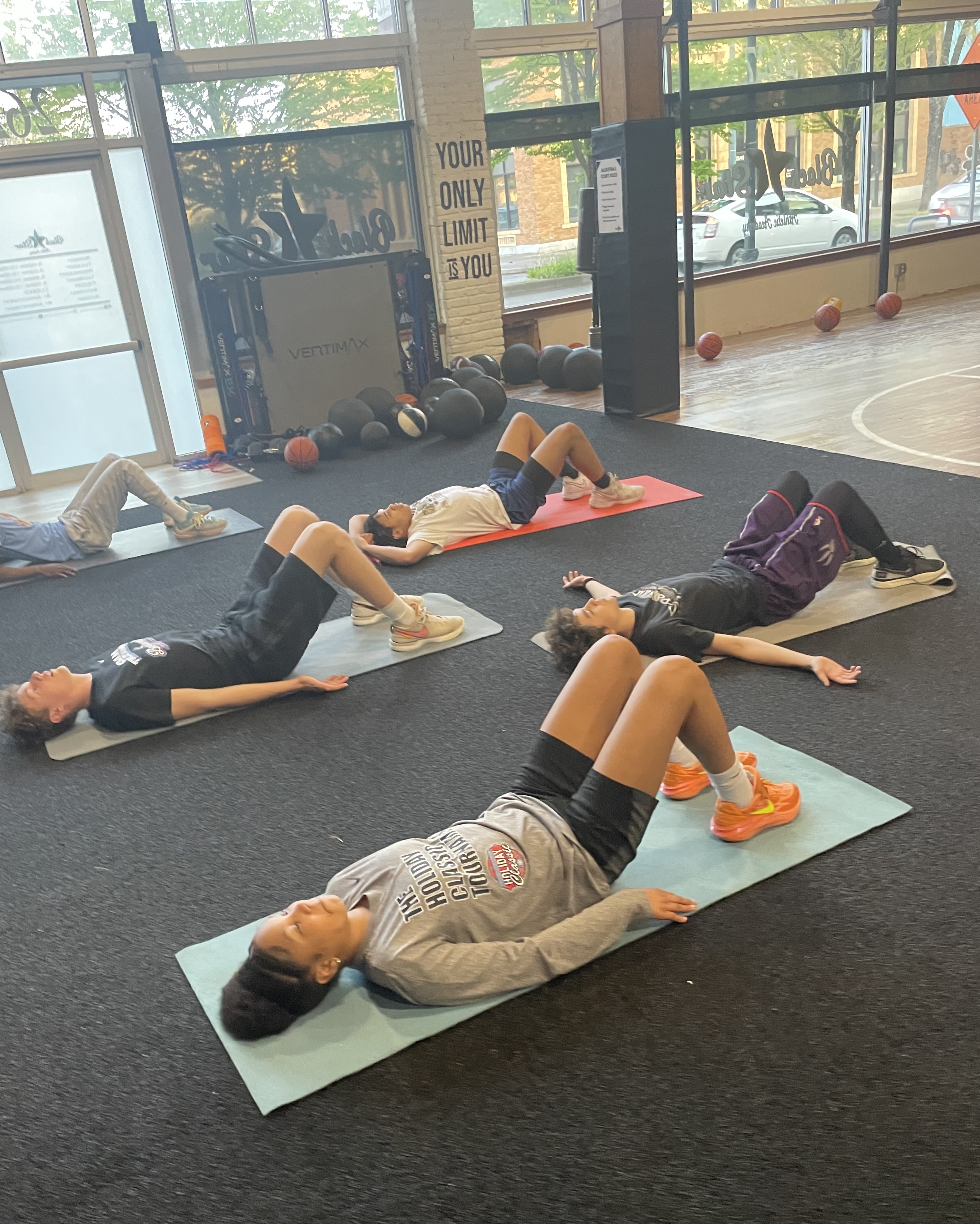In today’s competitive sports environment, physical strength and skill often take center stage. However, an equally important, yet sometimes overlooked, aspect is mental strength. For youth athletes, developing mental resilience is crucial—not just for success in sports but also for navigating the challenges of life.
Why Mental Strength Matters
1. Resilience in Adversity: Youth athletes face numerous challenges, from tough losses to injuries and the pressures of competition. Mental strength helps them bounce back from setbacks, ensuring they remain persistent even when faced with adversity.
2. Focus and Concentration: Staying focused during competition is critical. Mental strength enables athletes to block out distractions and maintain concentration, which can significantly impact their performance.
3. Emotional Regulation: Sports can be emotionally charged, and mental toughness helps athletes control their emotions, avoiding extreme reactions to both victories and defeats. This balance leads to more consistent performances.
4. Long-Term Development: Mental strength encourages a growth mindset, where challenges are seen as opportunities to learn and improve. This mindset fosters continuous development, helping athletes progress even when immediate success isn’t evident.
Lessons from Elite Athletes
Several top athletes have prioritized mental health, serving as role models for youth athletes:
1. Simone Biles: During the 2020 Tokyo Olympics, Biles withdrew from several events to focus on her mental health. Her decision highlighted the importance of mental well-being, even at the highest levels of competition, and showed that prioritizing mental health is a sign of strength, not weakness.
2. Naomi Osaka: The tennis star has been open about her struggles with anxiety and depression. Her withdrawal from the 2021 French Open to prioritize her mental health sparked a global conversation about the pressures athletes face. Osaka’s honesty has inspired young athletes to prioritize their mental health and seek help when needed.
3. Michael Phelps: The most decorated Olympian, Phelps has spoken candidly about his battles with depression and anxiety. He advocates for mental health awareness, particularly in the sports community, demonstrating that even the most successful athletes can face mental health challenges.
Fostering Mental Strength in Youth Athletes
1. Encourage Open Communication: Create an environment where young athletes feel comfortable discussing their mental challenges. Encourage them to talk about their experiences with stress, anxiety, or other issues. 2. Teach Coping Skills: Help young athletes develop strategies for dealing with stress, such as deep breathing, visualization, or mindfulness exercises. These skills are valuable both on and off the field.
2. Teach Coping Skills: Help young athletes develop strategies for dealing with stress, such as deep breathing, visualization, or mindfulness exercises. These skills are valuable both on and off the field.
3. Promote Balance: Emphasize the importance of balancing sports with other aspects of life. Encourage athletes to pursue interests outside of sports, spend time with friends and family, and take breaks when needed. This balance is key to long-term mental well-being.
4. Model Resilience: As coaches and parents, it’s important to model resilience and a positive attitude. Show young athletes that setbacks are a natural part of life and that how they respond to challenges is what truly matters.
Conclusion
Mental strength is a vital component of athletic success, especially for youth athletes who are still developing their identities and coping mechanisms. By prioritizing mental health and learning from the examples set by elite athletes like Simone Biles, Naomi Osaka, and Michael Phelps, young athletes can build the resilience needed to succeed in both sports and life. As awareness of mental health grows, it’s essential to equip our youth with the tools and support they need to thrive—mentally, physically, and emotionally.

